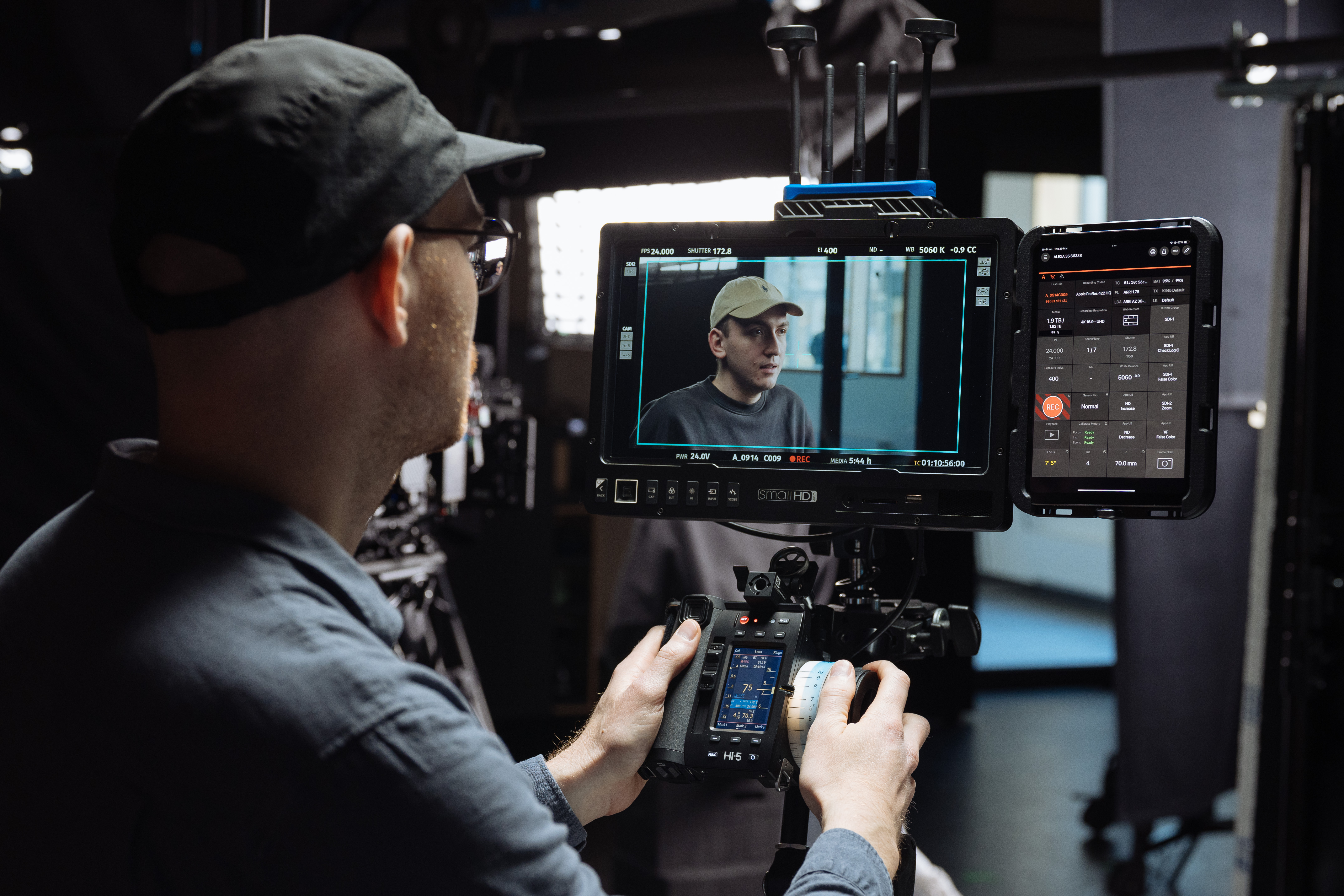Your GPS May Not Be Accurate!
Signals from GPS satellites must pass through the ionosphere to reach the Earth. While the ionosphere has a significant impact on communication at lower frequencies—it’s responsible for the “skip” that allows long distance shortwave communications—the impact of the ionosphere on GPS signals is now receiving attention.
The American Geophysical Union (AGU) highlighted some of the research reports in a news release, Interfering with the Global Positioning System, earlier this week. This research may lead to regional predictions of reduced GPS reliability and accuracy. Researchers have observed Earth’s aurora disrupting GPS signals. Researchers are also using the GPS signals as a tool in research on the electrical-current structures of the ionosphere.
The AGU articles focus on the impact of the ionosphere on the use of GPS for navigation. GPS is also used as a stable reference for synchronizing communications systems. Fortunately, engineers designing these systems allowed for these disruptions. Short-term disruption of GPS signals should not have a significant impact on systems using “disciplined clocks” that average the GPS reference over a long period of time.
More information is available in the AGU online Space Weather Journal.
Get the TV Tech Newsletter
The professional video industry's #1 source for news, trends and product and tech information. Sign up below.

Doug Lung is one of America's foremost authorities on broadcast RF technology. As vice president of Broadcast Technology for NBCUniversal Local, H. Douglas Lung leads NBC and Telemundo-owned stations’ RF and transmission affairs, including microwave, radars, satellite uplinks, and FCC technical filings. Beginning his career in 1976 at KSCI in Los Angeles, Lung has nearly 50 years of experience in broadcast television engineering. Beginning in 1985, he led the engineering department for what was to become the Telemundo network and station group, assisting in the design, construction and installation of the company’s broadcast and cable facilities. Other projects include work on the launch of Hawaii’s first UHF TV station, the rollout and testing of the ATSC mobile-handheld standard, and software development related to the incentive auction TV spectrum repack. A longtime columnist for TV Technology, Doug is also a regular contributor to IEEE Broadcast Technology. He is the recipient of the 2023 NAB Television Engineering Award. He also received a Tech Leadership Award from TV Tech publisher Future plc in 2021 and is a member of the IEEE Broadcast Technology Society and the Society of Broadcast Engineers.
